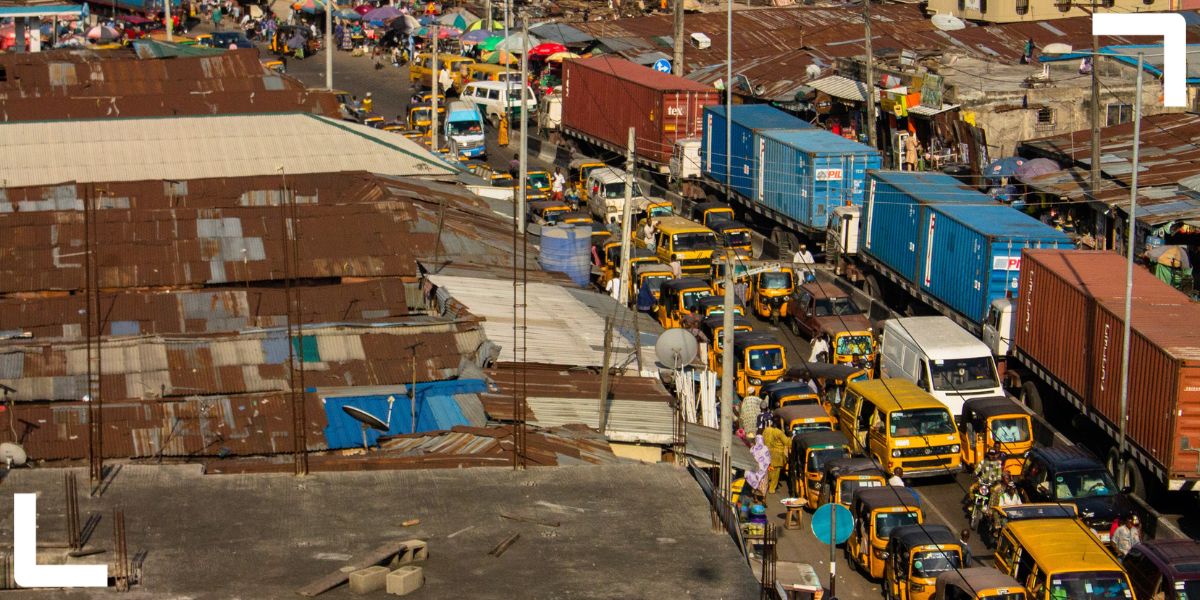“What is the health profile of Lagosians, and how does public health infrastructure respond to health challenges in Lagos?” These were some of the questions put to ACRC researcher, Basirat Oyalowo, in a recent Rethinking Lagos radio interview, sponsored by Rethinking Cities and Heinrich Boell Nigeria.
When we look at the city as a system of connected parts, Basirat explains in the interview, we can see that transport, housing and climate all impact on the health issues faced by its rapidly growing population. Lagos is one of the fastest growing cities in the world, its size increasing so rapidly that censuses cannot keep up. This has led to high density settlements, many prone to flooding, and a high incidence of waterborne diseases, including malaria. The challenging living conditions are also associated with depression, anxiety, substance abuse and air pollution, as well as a high risk of communicable disease.
Basirat outlines the state healthcare sector at primary, secondary and tertiary level in Lagos, alongside which exist a private sector and traditional healers. ACRC research interviews have highlighted the inadequate provision of primary care in the city, which fails to meet the WHO recommended level. There is a lack of both facilities and staff, doctors are leaving the sector in large numbers, and staff face stressful, pressurised working conditions. Many residents are choosing not to go to the healthcare centres, citing the long wait and unsympathetic attitudes of staff. Basirat highlights the need for more support and training of staff to improve patient care.
Listen to the full interview below, starting at 8 minutes 25 seconds.
Header photo credit: Dami Akinbode / Unsplash. Traffic congestion in the informal settlement of Ijora Badia in Lagos, Nigeria.
Note: This article presents the views of the author featured and does not necessarily represent the views of the African Cities Research Consortium as a whole.
The African Cities blog is licensed under Creative Commons Attribution-NonCommercial-NoDerivatives 4.0 International (CC BY-NC-ND 4.0), which means you are welcome to repost this content as long as you provide full credit and a link to this original post.


